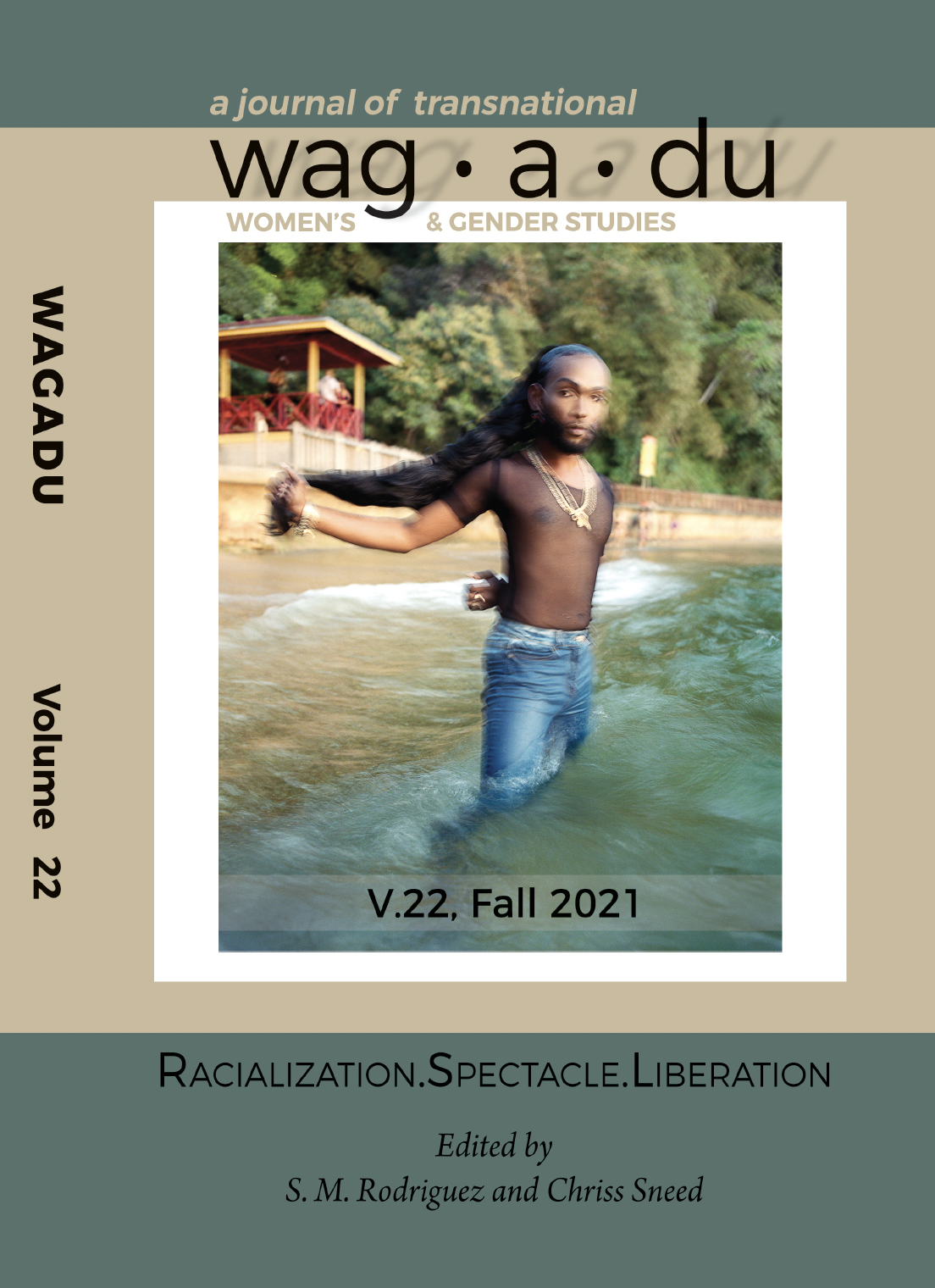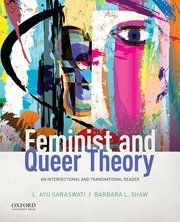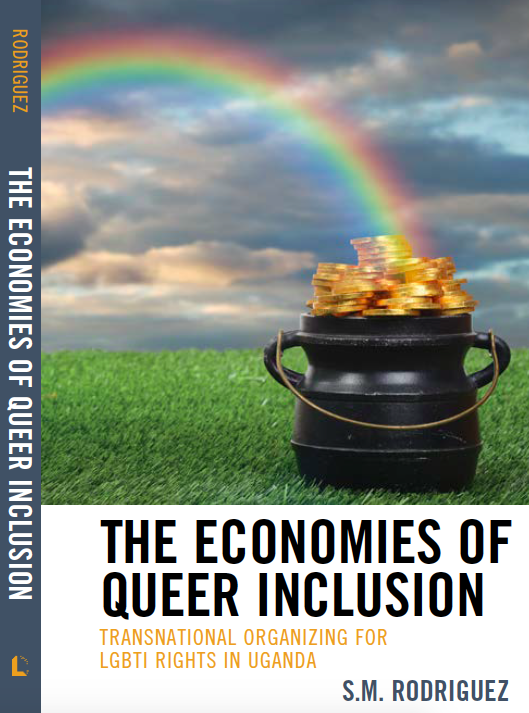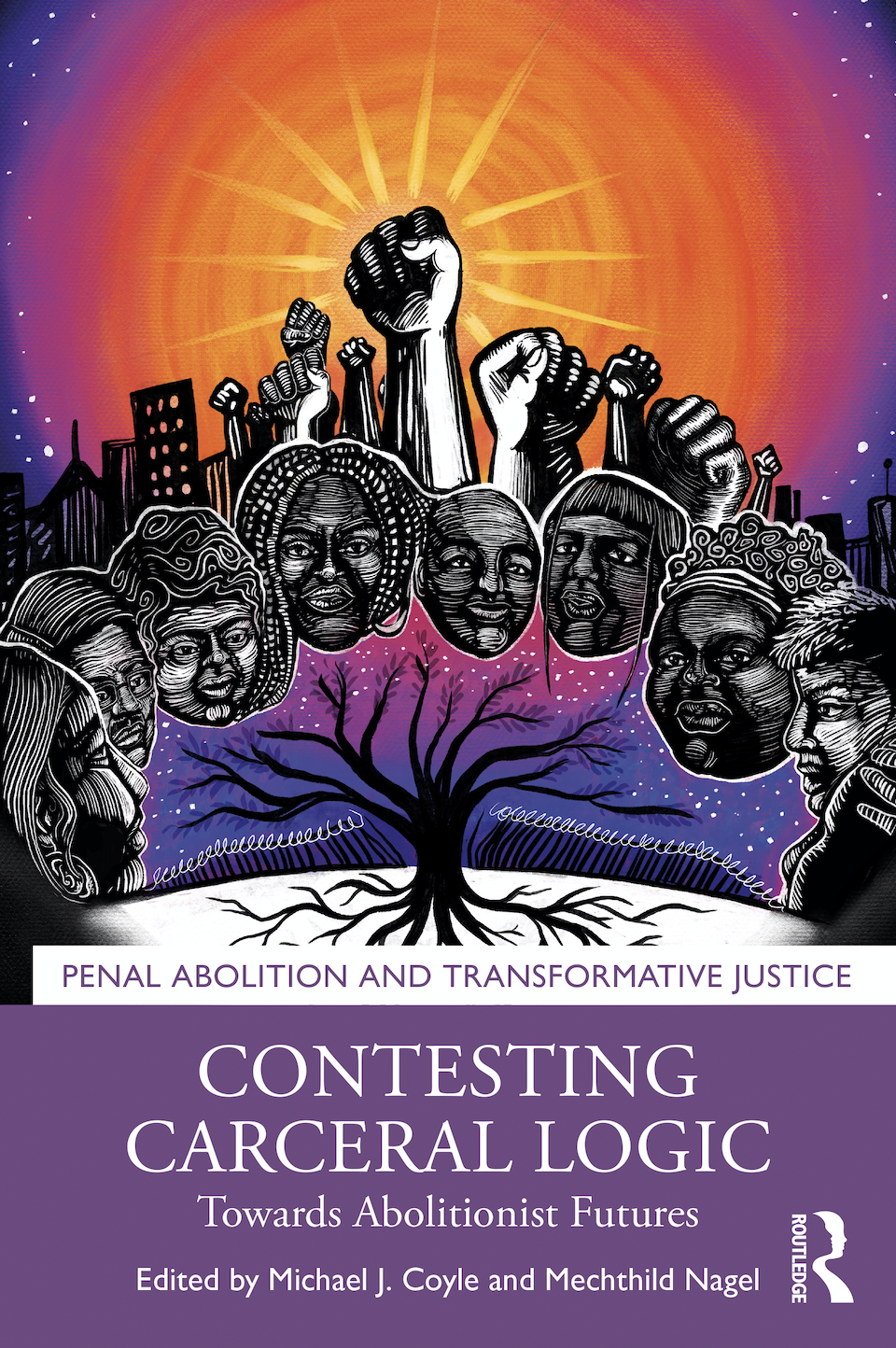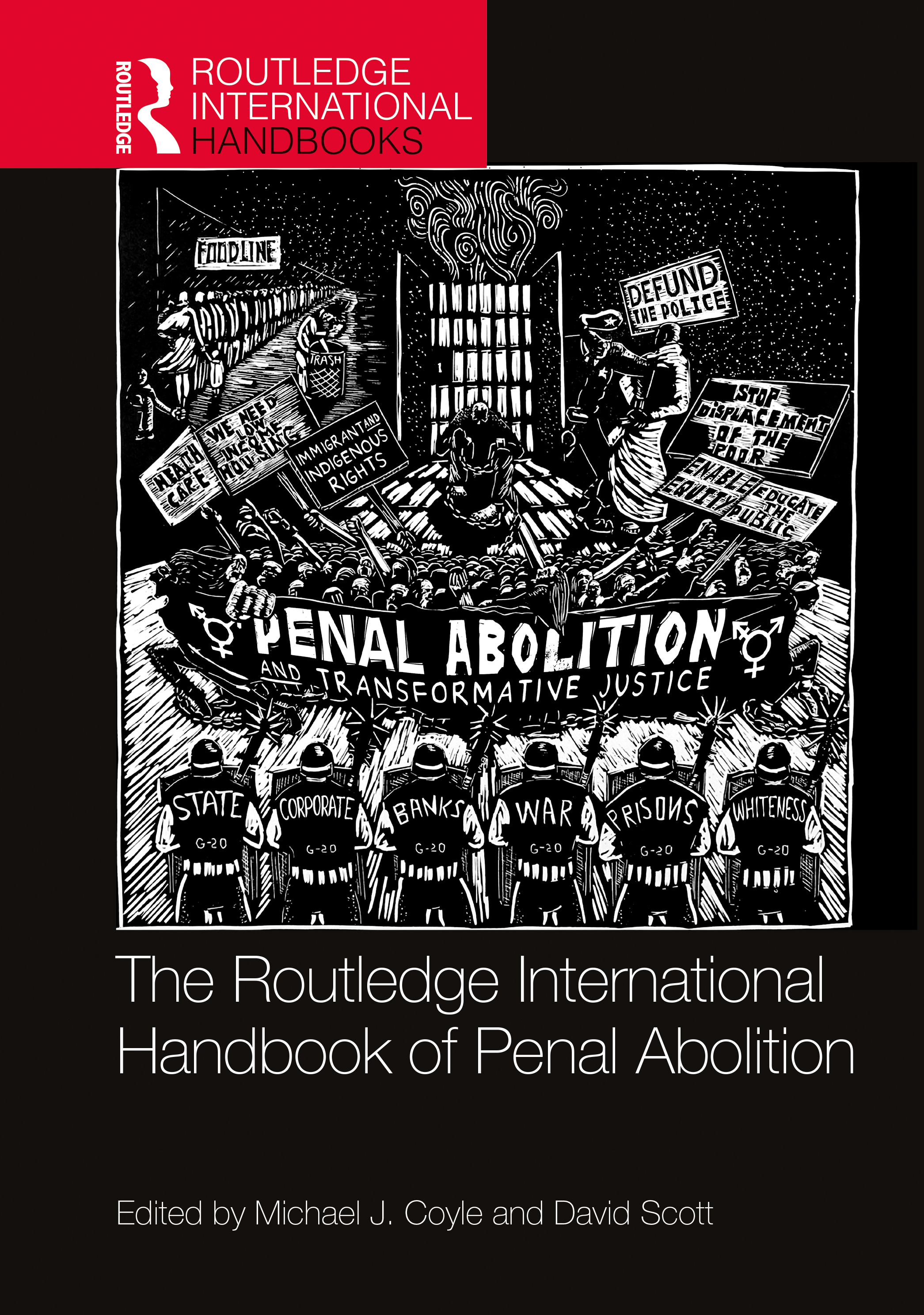Photo: Safe OUTside the System's Community Freestyle, SM wearing black hat, facilitating a workshop on violence de-escalation, Brooklyn, NY, 2018
Research overview
My research examines how social location shapes mobilisations against criminalisation, with particular attention to how African diasporic people and organisations negotiate, resist, and rework the concept, application, and aftermath of criminal and deviant labelling. Across my work, I am interested in how criminalisation operates not only through law and policing, but through everyday social relations, surveillance, and moral regulation.
I explore these dynamics through a transnational and diasporic lens, focusing on queer and trans people of African descent and the movements they build in response to state violence, social abandonment, and carceral governance. My research seeks both diagnostic and reparative insights, tracing how multi-sited criminalisation is resisted through practices of collective care, refusal, and world-making. As such, my work centres transformative and healing justice as political responses to criminalisation: frameworks that foreground survival, repair, and the redistribution of care beyond punitive systems.
My first monograph, The Economies of Queer Inclusion: Transnational LGBTI Organizing in Uganda (Lexington Books, 2019), is based on long-term ethnographic research in Kampala and analyses how transnational advocacy shaped Ugandan LGBTI organising during the period in which the government debated the Anti-Homosexuality (“Kill the Gays”) Bill. The book demonstrates how colonial legal legacies, homophobic nationalism, and global rights frameworks converged to exacerbate local vulnerabilities, organisational factionalism, and movement precarity. This work received an Honorable Mention from the American Sociological Association’s Sexualities Section.
My current research advances a framework I conceptualise as the colonial carceral diaspora, which traces how racialised gender and sexual regulation travels across borders through law, policy, and everyday surveillance. This work brings together abolitionist feminism, Black trans and queer studies, and critical geography to analyse how people are held to account through impossible standards of gender, respectability, and legibility (and how these demands are collectively refused).
Alongside this, I lead Black Queer Movements, a global knowledge-exchange initiative and activist resource hub that supports African diasporic organising through research, convenings, and collaborative publishing.
My institutional webpage and bio can be found here: https://www.lse.ac.uk/gender/people-profiles/faculty/sm-rodriguez
recent Publications
- Respatialising the Global Imaginary of Gay Rights: resisting Africana epistemicide and forging Solidaristic Imaginaries, International Journal of Human Rights, 2025 (Open Access)
- Reconceptualizing Gender Transitioning: Recognition, Flexibility, and Safety in Nonbinary Identity Journeys, Sociological Inquiry, 2025 (Open Access)
- Homo(phobic)nationalism, co-authored with Dorothy Rau, Routledge Handbook of Sexualities and Space, forthcoming 2025
- African Feminisms for Abolitionist Futures: Archival Hauntings in a Speculative Geography, Agenda: Empowering Women for Gender Equity, 2023 (Open Access)
- Depathologization as Healing Justice, with Liat Ben-Moshe, Kennedy Healy and H Rakes, QED: A Journal in GLBTQ Worldmaking, 2023
- Caring in the Classroom: The Hidden Toll of Emotional Labor of Abolitionist Scholar-Activism. Contemporary Justice Review, 2023 (Open Access)
- Forging Black Safety in the Carceral Diaspora: Perverse Criminalization, Sexual Corrections and Connection-Making in a Death World. Social Justice, 2023mbodied Territories, 2022
- Black Dreams/Electric Mirror: Cross-Cultural Teaching of State Terrorism and Legitimized Violence, Teaching Sociology, 2022 (Open Access)
- Queers Against Corrective Development: LGBTSTGNC Anti-Violence Organizing in Gentrifying Times, GLQ: A Journal of Lesbian and Gay Studies, 2022 (Open Access)
- racialization.spectacle.liberation. A Special Issue of Wagadu: Transnational Journal of Women’s and Gender Studies. C
- Carceral Protectionism and the Perpetually (In)Vulnerable, Criminology and Criminal Justice, 2020 (with Liat Ben-Moshe and H Rakes)
